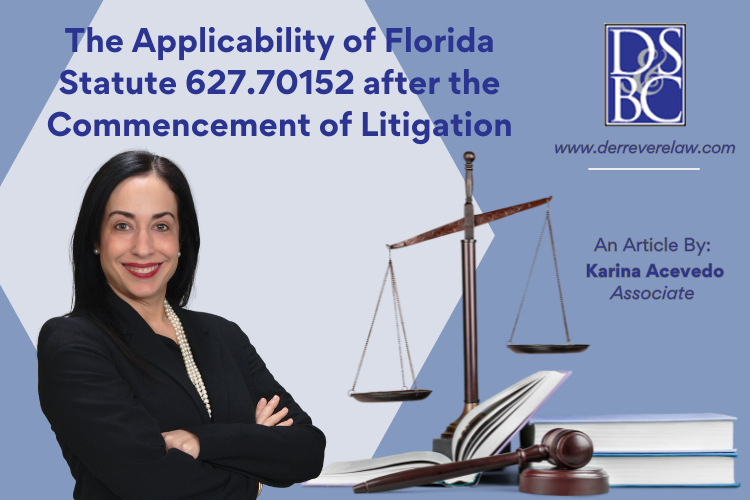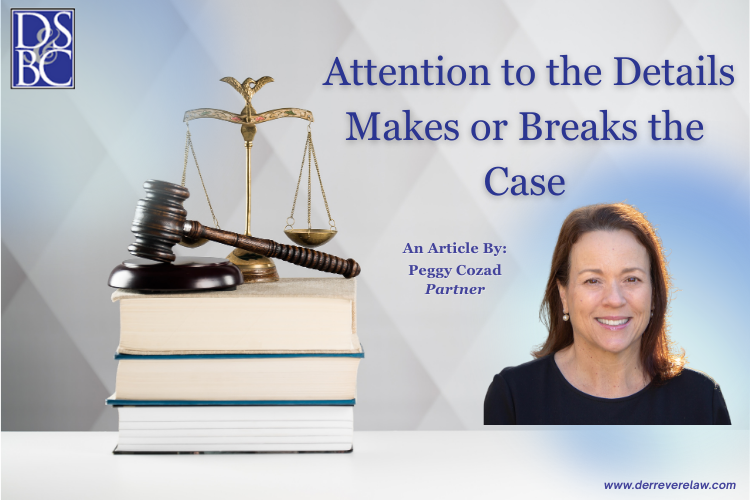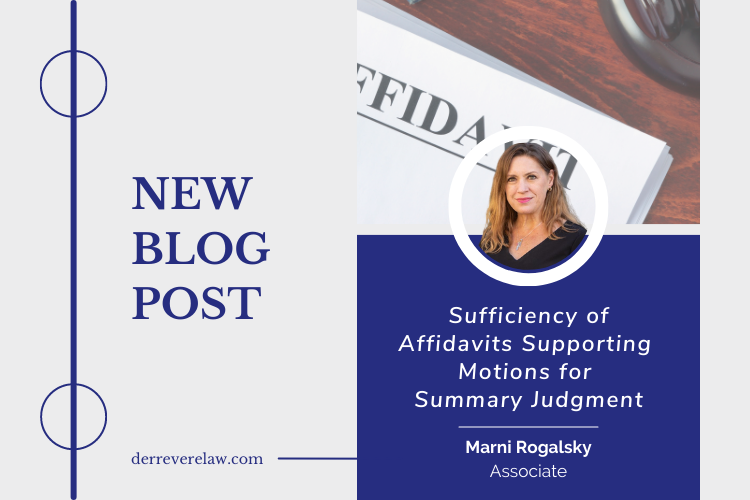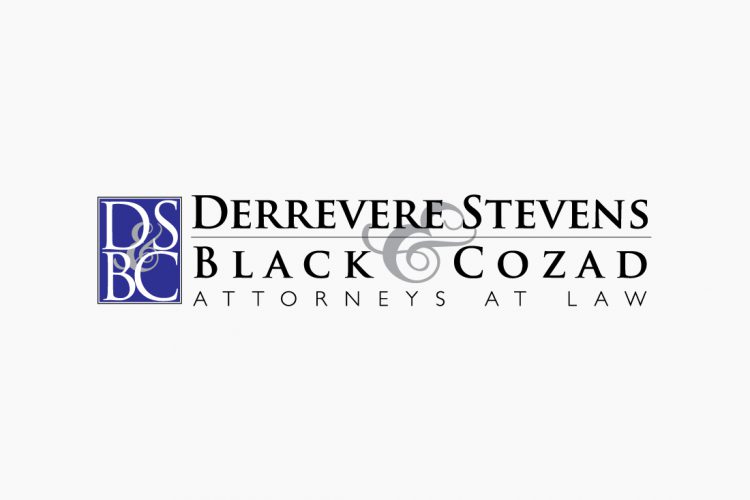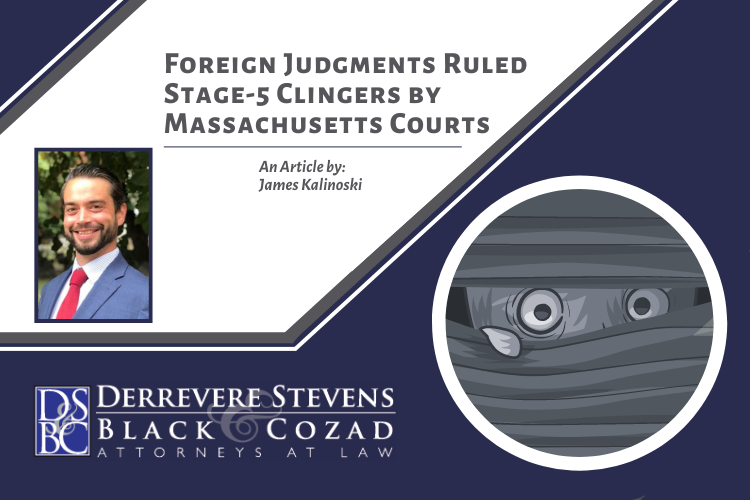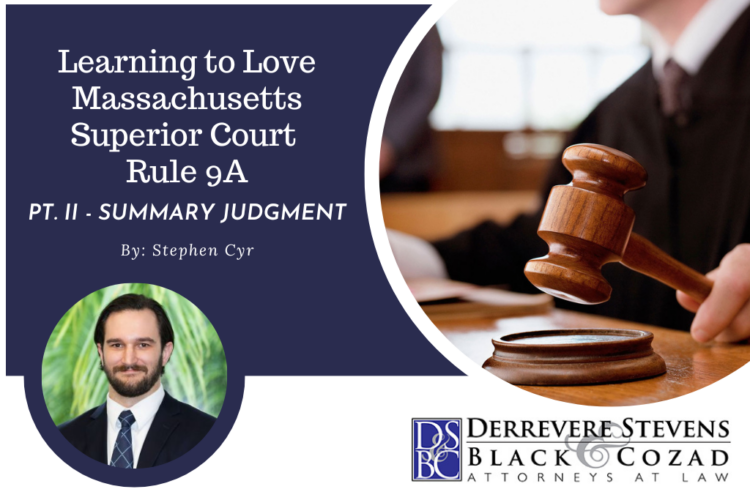October 9, 2023
The Applicability of Florida Statute 627.70152 after the Commencement of Litigation
In a recent hearing held on Defendant’s Motion for Entry Upon Land to allow for a re-inspection for an engineer by the Insurer, Plaintiff’s counsel argued that based on Florida Statute 627.70152(4)(a)(3), the Insurer waived its right to re-inspect the Insured’s property and due to this, said Motion should be denied. The Judge in this case failed to apply Florida Statute 627.70152(4)(a)(3) correctly and agreed with Plaintiff’s counsel’s interpretation of the statute and denied Defendant’s Motion for Entry Upon Land.
This article looks at Florida Statute 627.70152(4)(a)(3) and how it does not apply once a case is in the litigation phase. Florida Statute 627.70152(4)(a)(3) states the following:
4) INSURER DUTIES. — An insurer must have a procedure for the prompt investigation, review, and evaluation of the dispute stated in the notice and must investigate each claim contained in the notice in accordance with the Florida Insurance Code. An insurer must respond in writing within 10 business days after receiving the notice specified in subsection (3). The insurer must provide the response to the claimant by e-mail if the insured has designated an e-mail address in the notice.
(a) If an insurer is responding to a notice served on the insurer following a denial of coverage by the insurer, the insurer must respond by:
- Accepting coverage;
- Continuing to deny coverage; or
- Asserting the right to reinspect the damaged property. If the insurer responds by asserting the right to reinspect the damaged property, it has 14 business days after the response asserting that right to reinspect the property and accept or continue to deny coverage. The time limits provided in s. 95.11 are tolled during the reinspection period if such time limits expire before the end of the reinspection period. If the insurer continues to deny coverage, the claimant may file suit without providing additional notice to the insurer.
Pursuant to the statute, if the Insurer asserts the right to re-inspect the property, it has fourteen (14) days to do so otherwise it can be deemed as waived. At the hearing, Plaintiff’s counsel used this argument, but in the litigation phase, and stated that the Insurer waived its right to re-inspect by not asserting its right in the response to the Plaintiff’s Notice of Intent to Litigate prior to Plaintiff filing suit. Plaintiff’s counsel went further and argued that although the Insurer waived its right to re-inspect the property, the Insurer is not precluded from having an engineer provide its opinion by reviewing Insured’s documents and/or photographs of the alleged damages and property. Under Plaintiff’s argument, the Insurer would have to assert its right for re-inspection in all of its responses to the Notice of Intent to Litigate filed by the Insured, which would be unnecessary and/or reasonable since not all claims require a re-inspection and because issues that necessitate a re-inspection by an engineer may arise after a suit is filed and discovery is propounded and received.
Plaintiff’s counsel’s application of the statute is erroneous in that this Statute delineates the requirements and procedures for re-inspection prior to filing suit and not after the suit is filed. More importantly, if Plaintiff’s argument were valid, the Florida statute would be in direct conflict with Florida Rule of Civil Procedure 1.280, which discusses the general provisions governing discovery in Florida. Florida Rule of Civil Procedure 1.280 provides for discovery by various methods, including permission to enter upon land. For these reasons, the Judge failed to properly apply the statute and the basic rules of civil procedure, and this pre-suit statute should not be used to preclude the Insurer’s ability to re-inspect a property once a claim is in litigation.
July 31, 2023
Attention to the Details Makes or Breaks The Case
By now most lawyers have come to recognize that Florida’s summary judgment standard mirrors the Federal standard. This generalized view, however, overlooks important and distinct procedural aspects of Florida Rule 1.510 (c)(5). Unlike its Federal counterpart, the Florida rule requires the nonmovant party serve a Response to a Summary Judgment Motion at least 20 days prior to the hearing. The Response must include the nonmovant party’s supporting factual position backed by the record evidence.
Florida Courts have applied the mandatory requirements set forth in the Rule finding the failure to file a Response as detrimental to overcoming entry of Final Judgment. In Loyd S. Meisels, P.A. v. Dobrofsky, 341 So.3d 1131 (Fla. 4th DCA 2022), a dog owner sued an animal hospital and veterinarian to recover $6,355 in charges for a CT scan allegedly not performed. In granting summary judgment in favor of the dog owner, Judge Hurley found the facts were undisputed based upon the filings and affidavit submitted by Dobrofsky. Because the nonmoving parties never responded to the motion, the evidence remained unrefuted. Judgment was entered accordingly. The Fourth District affirmed observing that “Rule 1.510 (c)(5) states that the nonmovant must serve a Response; there is no wiggle room in the word ‘must.’ The mandatory requirement of a Response reduces gamesmanship and surprise to allow for more deliberative consideration of summary judgment motions.”
Case development along with knowledge and compliance with the Rules leads to positive results. Summary Judgment Motions prepared by the lawyers of DSBC are supported by strong record evidence and sound legal authorities. Our attorneys pay attention to the details. The mandates of the Rules are always the starting point to success.
April 24, 2023
Sufficiency of Affidavits Supporting Motions for Summary Judgement
Motions for Summary Judgment are a useful tool for insurance companies to have a Court rule on issues in a case as a matter of law before those issues are presented to a jury. DSBC Associate Marni Rogalsky breaks down its use in the context of defending first-party property cases.
January 10, 2023
Letters of Protection: Effective “I Owe Yous” or Evidence of Failure to Mitigate Damages
Learn about the advantages and disadvantages of a Letter of Protection from the legal experts at DSB&C.
November 7, 2022
Foreign Judgments Ruled Stage-5 Clingers in Mass. Courts
The Massachusetts Appeals Court recently clarified how judgments from foreign jurisdictions can be enforced against assets located in Massachusetts.
October 12, 2022
Learning to Love Massachusetts Superior Court Rule 9A (Pt. II – Summary Judgment)
Massachusetts Superior Court Rule 9A is often the bane of many attorneys due to its length, complexity, and specificity. This blog post is a guide to filing/serving Summary Judgment Motions in the Superior Court.

